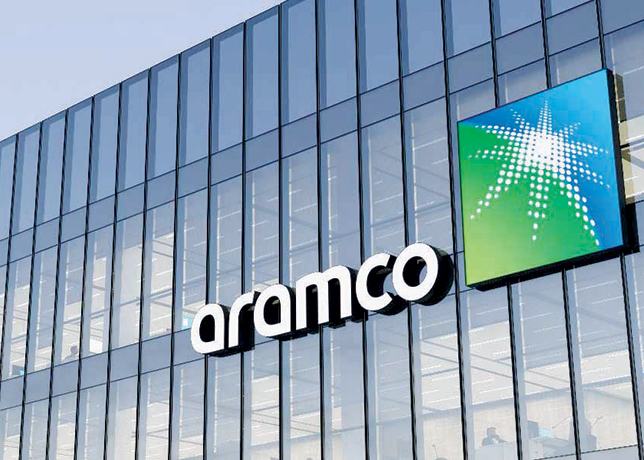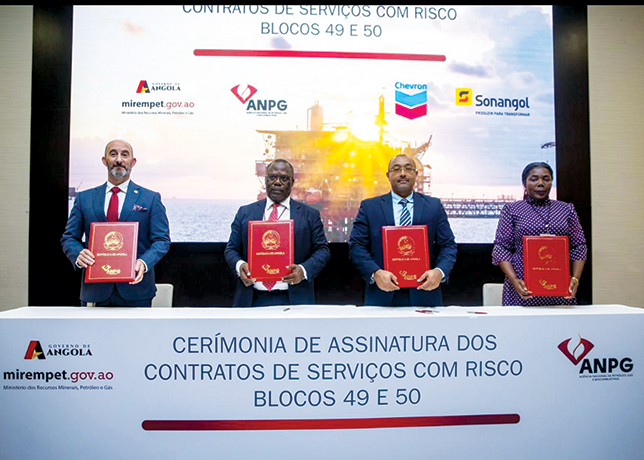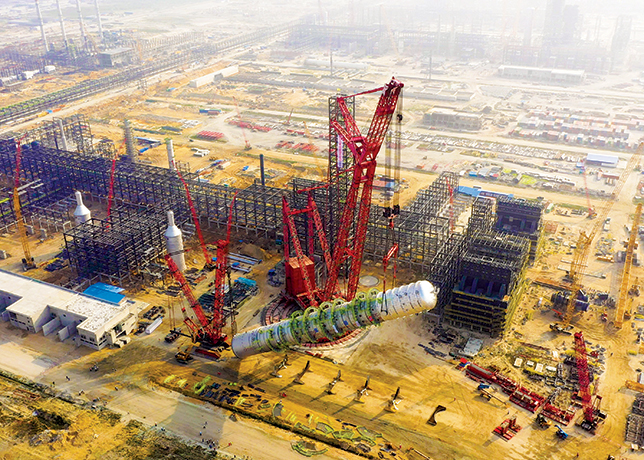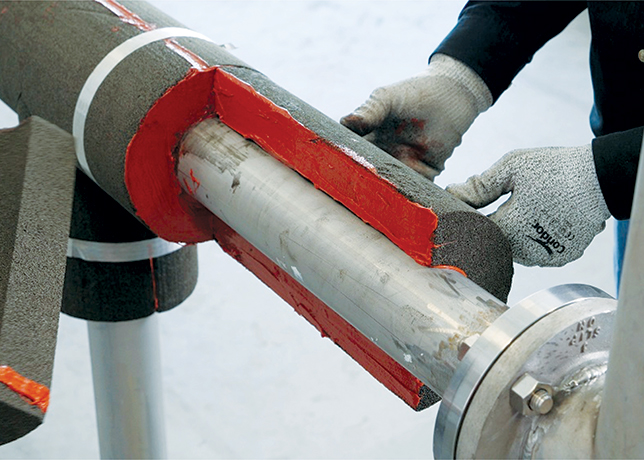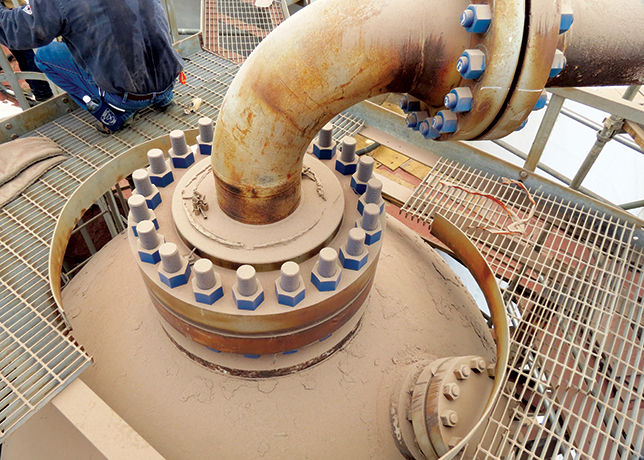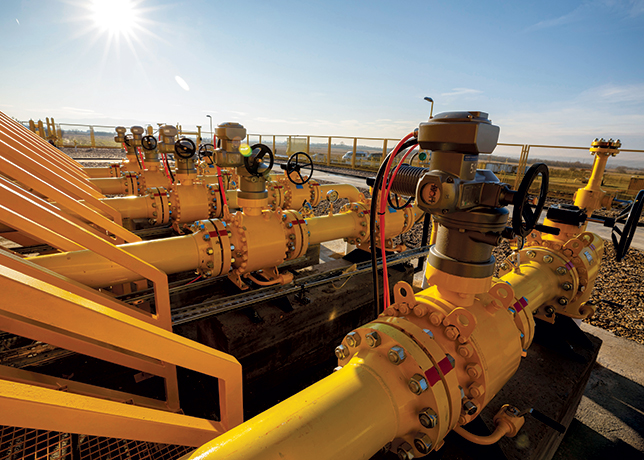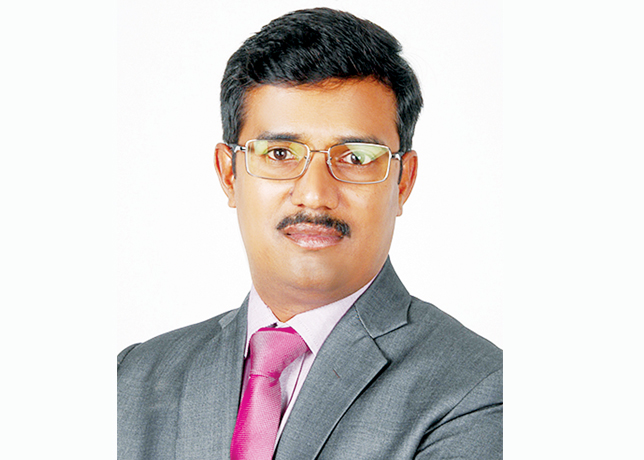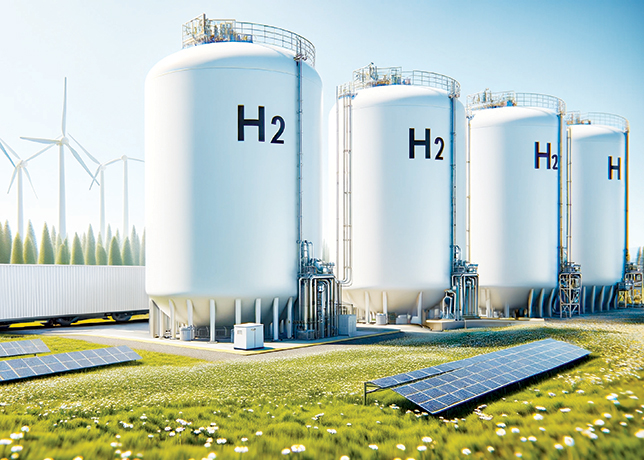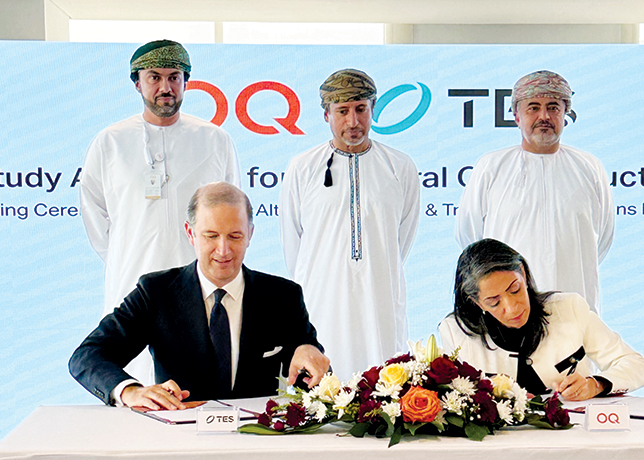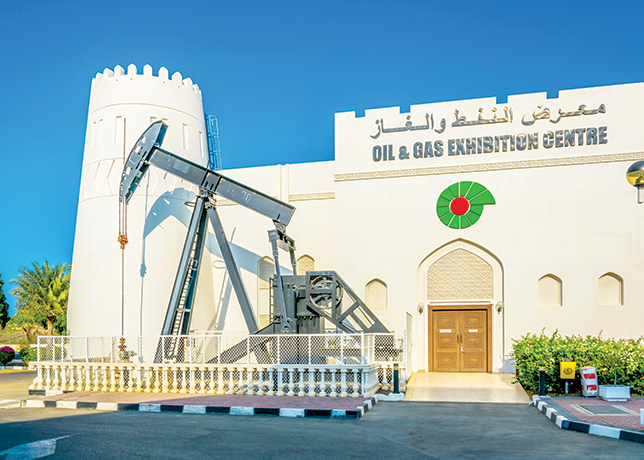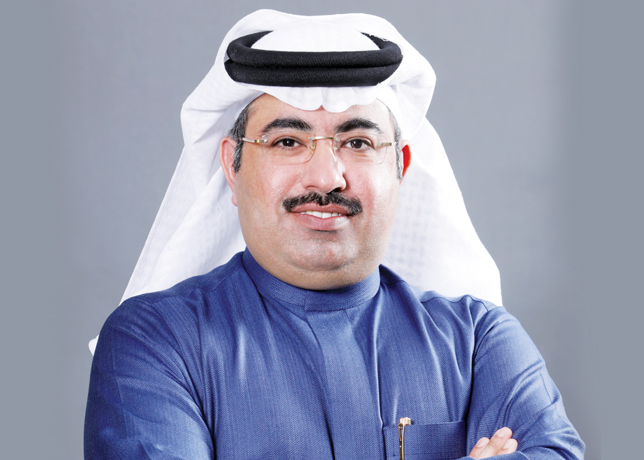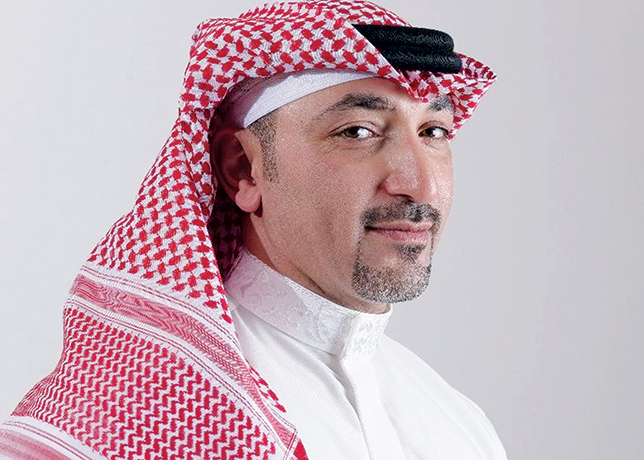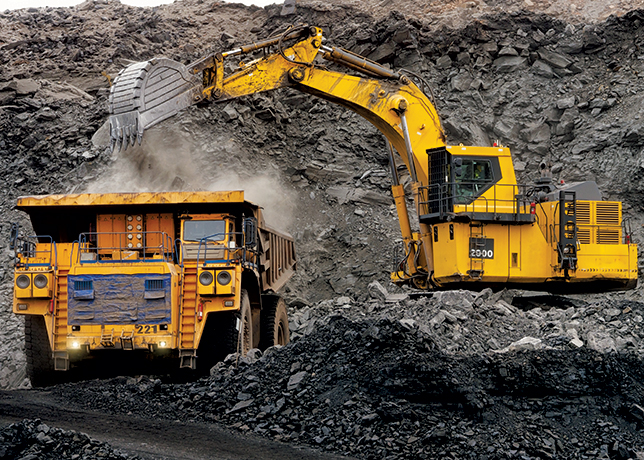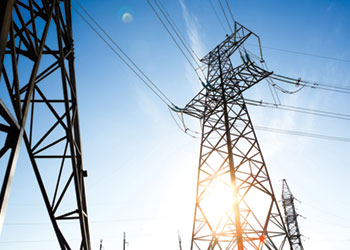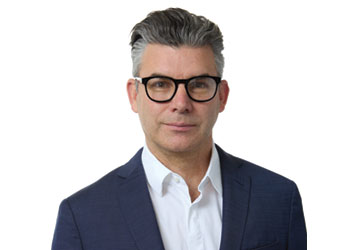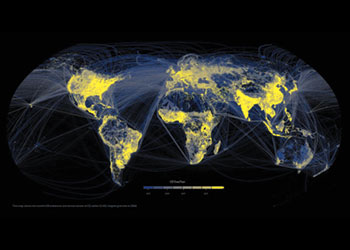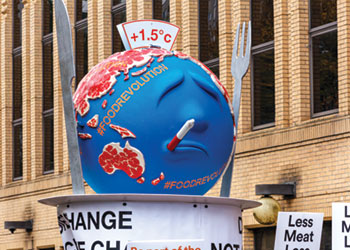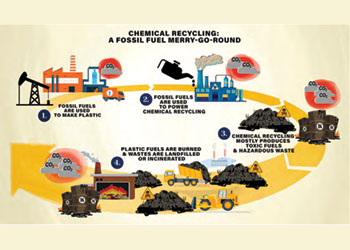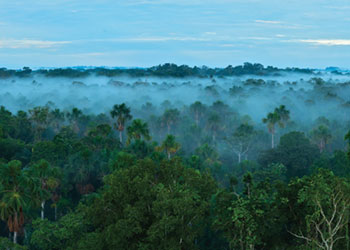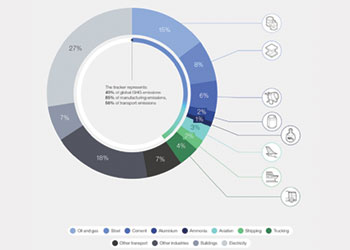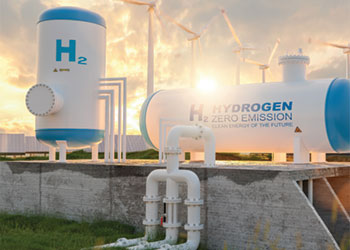
 Dubai is hosting the world's biggest climate conference
Dubai is hosting the world's biggest climate conference
The success of the COP28 Dubai climate convention rests on how much it succeeds to slashes carbon emissions, and how much it relies on carbon storage or removal
Some 70,000 campaigners, business chiefs, lobby groups and indigenous communities have descended on Dubai for the year’s biggest climate conference – the Conference of the Parties (COP28), running from November 30 to December 12.
The world is expecting some tough talks on the future role of fossil fuels, and the commitment from countries to reduce carbon dioxide emissions especially from coal, oil and gas.
The US, EU and many climate-vulnerable countries are insisting on a final COP28 deal that commits countries to phase out fossil fuels.
Considering that the US is the world’s biggest oil and gas producer, it's calls will put pressure on other oil producing Arabian Gulf states.
While Dr Sultan Al Jaber, the COP28 President, has said the phase down of fossil fuels is 'inevitable', countries are waiting to see if the UAE will push other oil-rich nations to back the idea at COP28.
However, in July, the Group of 20 failed to agree on this point, and countries including Russia have said they would oppose a fossil fuel phase-out.
Dr Jaber has faced criticism for his dual role as head of the UAE’s state-owned oil and gas company Adnoc, and incoming president of the climate talks.
The US and EU are also asking others to join a COP28 pledge to triple renewable capacity this decade.
GLOBAL CONUNDRUM
Some of the larger economies will be pushing their own objectives at the conference.
China, which also supports the Group of 77, argues that wealthy developed countries like the US, the biggest historical CO2 emitter, should move first and fastest in climate policy and finance.
But US delegates will face pressure for climate finance after Washington pledged no new climate cash to the UN this year. The US supports creating a new fund to help poor countries deal with climate-caused damage, but wants the deal to make clear no country will be obliged to pay into it.
Meanwhile, BASIC – Brazil, South Africa, India and China –countries have each asked for more climate financing and equity through the United Nations Framework Convention on Climate Change (UNFCCC) concept of 'common but differentiated responsibilities' – meaning rich countries that emitted the most historically should do more to address the problem.
KEY ISSUES TO BE DISCUSSED AT COP28
Following a year of record heat and drought, this year’s UN climate summit will feature a contentious set of issues for countries working to find common ground in tackling climate change, including whether to phase out fossil fuels and how to finance the energy transition in developing countries.
Here are the key issues that will be discussed:
• Taking stock of climate progress: The main task at COP28 is a first-time assessment of countries’ progress towards meeting the 2015 Paris Agreement’s goal of limiting the global temperature rise to 'well below' 2 degrees Celsius, while aiming for 1.5 C.
With global efforts lagging, countries will try during this 'global stocktake' to agree on a plan to get the world on track to meet climate goals, which could include urgent steps towards cutting CO2 emissions or boosting green technology investments.
As the COP28 talks begin, countries are at odds over whether this exercise should put the onus on all countries or just the world’s wealthiest countries to do more because they released the most planet-warming emissions historically.
Countries are expected to update their national emissions-cutting targets and plans by 2025.
• Technologies: The UAE and other countries whose economies are dependent on fossil fuels want COP28 to include a focus on nascent technologies designed to capture and store CO2 emissions underground.
While the International Energy Agency (IEA) says these emissions-abatement technologies are crucial for meeting global climate goals, they are also expensive and not currently used on a large scale. The EU and others worry they will be used to justify continued fossil fuel use.
• Boosting clean energy capacity: Countries will consider setting goals to triple renewable energy capacity and to double energy savings by 2030 - a proposal made by the European Union, United States and the UAE’s COP28 presidency.
This looks set to win broad support, with G20 major economies including China already backing the renewables goal. But the EU and some climate-vulnerable countries insist on pairing this pledge to boost renewables with phasing out fossil fuels, setting up a clash.
• Climate financing: Tackling climate change and its consequences will take an astonishing amount of investment - far more than the world has budgeted so far.
Developing countries will need at least $200 billion every year by 2030 to adapt to worsening climate impacts like coastal sea rise or storms, according to the UN. Additionally, they will need funding to help replace polluting energy with clean sources.
There are also the costs of the damage already being caused by climate disasters. At COP28, countries will be tasked with setting up a 'loss and damage' fund to help with this, which developing nations say should unlock at least $100 billion by 2030.
These enormous price tags make the UN climate talks tense.
Vulnerable nations want more money spent on adapting to a world that is sure to become warmer over the next few decades. They want wealthy nations, whose past CO2 emissions largely caused climate change, to pay up.
The EU and US have said they will put money in the climate damage fund at COP28, but they also talk about the need for private finance to help. Wealthy countries also face pressure to prove they have met an overdue climate funding pledge to provide $100 billion per year to developing countries.
TURNING METHANE PLEDGES INTO ACTION
Delegates at this year’s COP28 are anxious to boost the world’s climate change agenda with concrete plans for clamping down on the second-most prominent greenhouse gas – methane.
While more than 150 countries have promised since 2021 to slash their methane emissions 30 per cent from 2020 levels by 2030 under the US- and EU-led Global Methane Pledge, few have detailed how they will achieve this.
What is needed now is to turn those pledges into urgent action – with financial support for developing countries’ efforts and national regulations over methane-emitting sectors such as oil and gas and agriculture, according to the UAE COP28 presidency.
Some oil and gas companies have so far participated in voluntary programmes to monitor or reduce their methane emissions. It is still unclear which companies might join the UAE’s call for formalised efforts.
The UAE has called on the oil and gas industry to phase out its methane emissions by 2030 and wants a final agreement to include firm plans for turning past pledges into action, a spokesperson for the presidency said.
Beyond lobbying governments, the UAE has also been urging independent and national oil and gas companies to eliminate routine flaring by 2030, a COP28 presidency spokesperson said. Last year’s methane emissions from the energy industry totaled some 135 million metric tons, slightly higher than the year before.
Climate experts say that including methane efforts in a legally binding summit agreement is a priority. While methane has more warming potential than carbon dioxide, it breaks down in the atmosphere within just years compared with decades for CO2. That means that reining in methane emissions can have a more immediate impact in limiting climate change.
'If it’s just a pledge, it will land with a thump,' said Rachel Kyte, the World Bank’s former climate envoy. 'The UAE needs to commit companies and countries to sit down and negotiate a binding agreement to X-out methane.'
The World Bank is expected during the two-week COP28 summit to launch a new fund, with backing from independent oil companies among others, for detection and cleanup programmes in developing countries that are major methane emitters, such as Turkmenistan, three sources familiar with the plans told Reuters.
The UAE, the US and China also plan to host a meeting for world leaders to discuss funding the World Bank scheme and other methane-focused efforts. Countries and philanthropies previously have pledged roughly $200 million for tackling methane – less than 2 per cent of all current climate financing.
As part of a recent US-China climate agreement breakthrough, China - the world’s biggest emitter of greenhouse gas emissions - said it would include for the first time methane and non-carbon dioxide greenhouse gases in its 2035 national climate plan, bringing transparency to a major source of global emissions.
Nearly a dozen satellites have been or will be launched into space this year to monitor the gas. In terms of national efforts, some of the biggest economies have recently announced or plan to announce new regulations and policies on methane.
China unveiled its long-awaited methane strategy this month, while the EU agreed to set methane emissions limits on Europe’s oil and gas imports from 2030, pressuring international suppliers to clamp down on leaks of the potent greenhouse gas.
The US is due to announce finalised methane rules for the oil and gas sector on Dec. 2, while Canada is also expected to target oil and gas companies with a proposal requiring a 70 per cent cut in methane emissions from the industry by 2030, two sources familiar with the plans told Reuters.
'What was missing from the [Global] methane pledge back in 2021 was a sense of the concrete steps,' said Mark Brownstein of the US-based nonprofit Environmental Defense Fund. 'What we’re expecting to see at COP28 is a significant set of commitments coming from the global oil and gas industry.'
CONCLUSION
The success of the COP28 Dubai climate convention rests on how much it slashes emissions via cuts to oil production, and how much it relies on carbon storage or removal.
Delegates are anxious to boost the world’s climate change agenda with concrete plans for clamping down on the second-most prominent greenhouse gas – methane.
While more than 150 countries have promised since 2021 to slash their methane emissions 30 per cent from 2020 levels by 2030 under the US- and EU-led Global Methane Pledge, few have detailed how they will achieve this.
'There are a lot of pieces coming together,' said Durwood Zaelke, President of the Institute for Governance & Sustainable Development, a Washington, DC-based think tank.
'With major emitters like the US, China and EU announcing new rules, the time is right for an agreement.' –Reuters




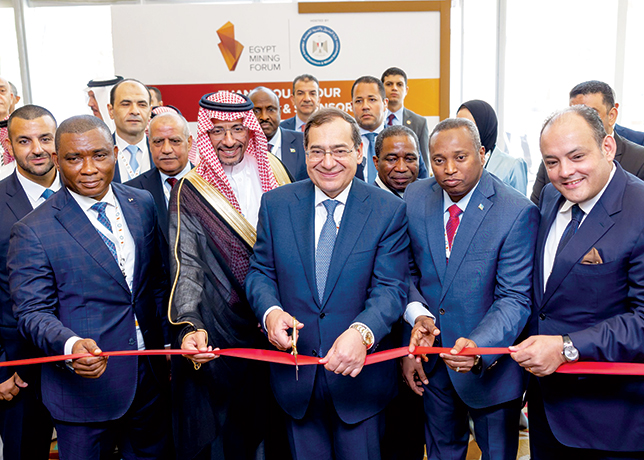
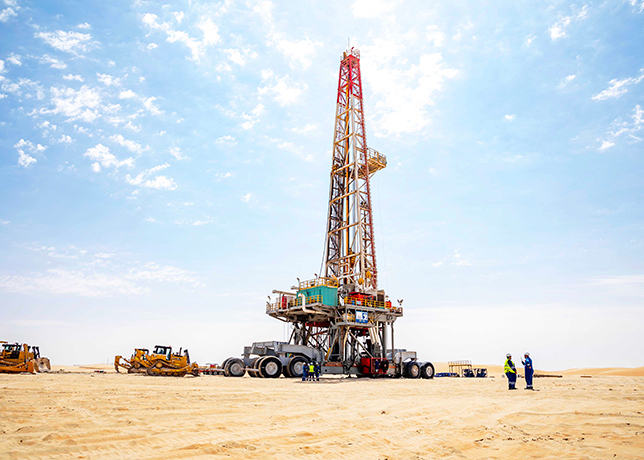

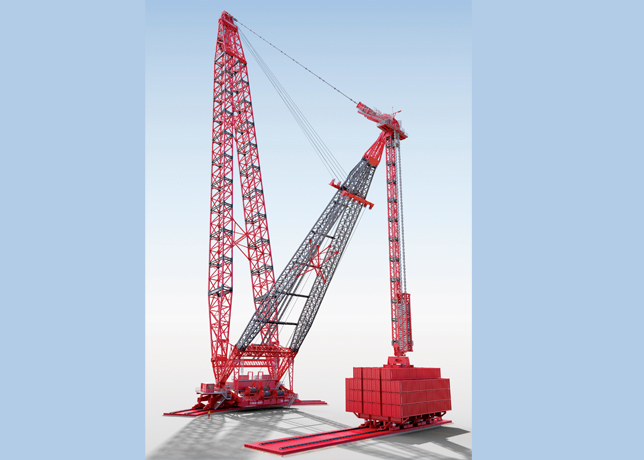


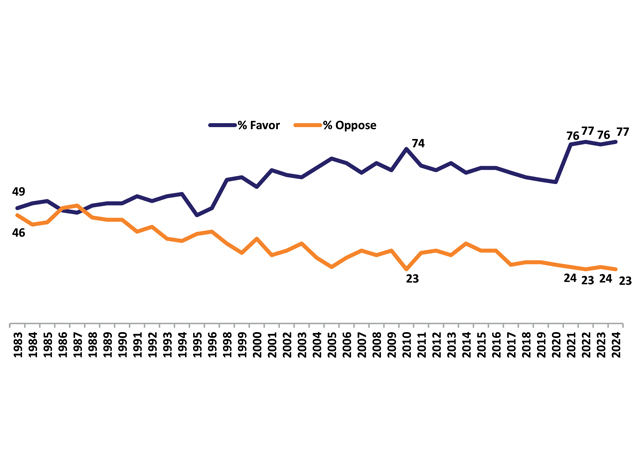
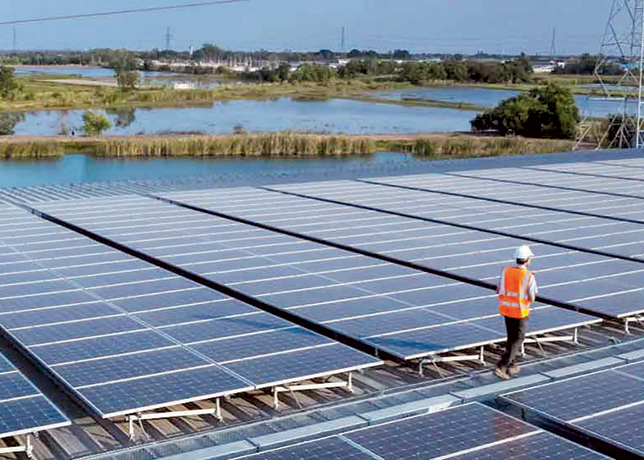

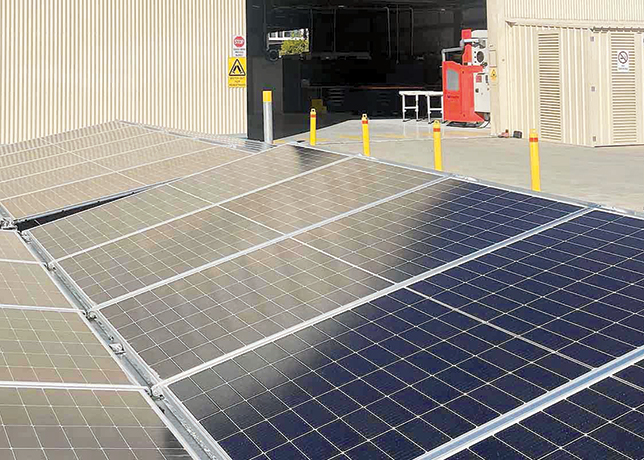
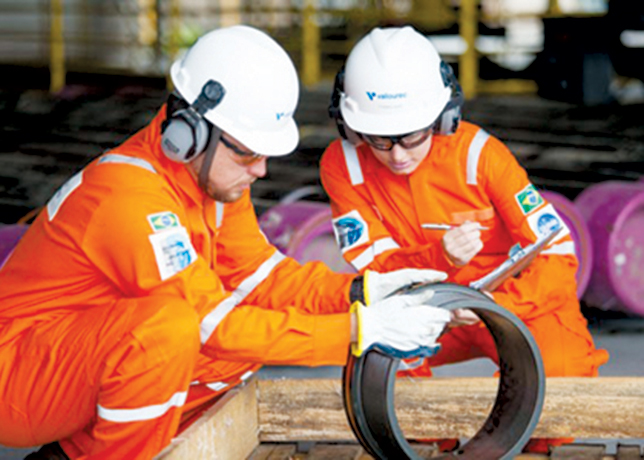
.jpg)

